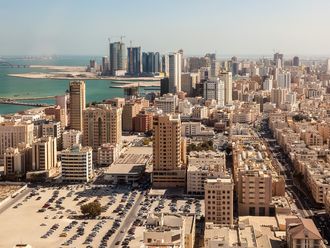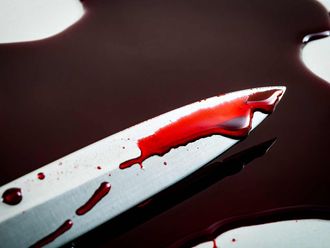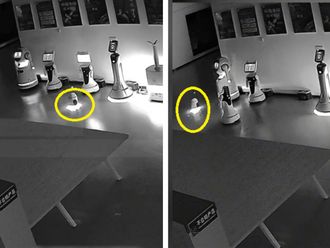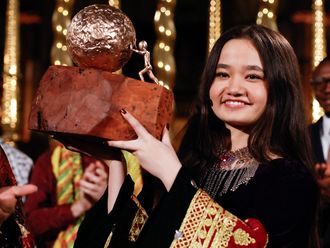Manama: A new attempt by two political coalitions, the parliament and the government to find a way out of Bahrain’s political deadlock has suffered a serious setback after proposals to move forward were rejected by the participants.
The national dialogue, launched on February 10 to end the political impasse that stalled political progress over two years since the events that occurred in Bahrain in February and March 2011, reached the impasse after the opposition said that it would not endorse the proposal to draft the agenda unless it was satisfied with its platform of the talks. The other participants accused the opposition of stalling the talks.
“We insist on a representative of the king at the talks,” Abdul Nabi Salman, the head of the Progressive Tribune and one of the eight delegates representing the opposition. “We insist also on a fair representation of the parties taking part at the talks.”
The dialogue table has brought together eight delegates from the opposition, eight from Al Fateh coalition, eight independent parliamentarians and three government ministers.
However, the opposition said that under the current platform, its coalition was on one side facing the other three on the other side, explaining that the situation was untenable.
“We will keep on raising this issue because we want a fair representation,” Radhi Al Mousawi, a delegate from the opposition coalition.
However, the argument was refuted by the other participants who insisted that the issue had been settled in February before the start of the talks and that it should not be brought up every time a round of talks was held.
The opposition also called for allowing staff from their societies or the media people they selected to attend the talks and to report on them, accusing the media of bias against them.
“It is our right to have our media representatives alongside the other media people” Jameel Kadhem, the spokesperson of the opposition coalition, said.
Shaikh Khalid Bin Ali Al Khalifa, the justice minister and one of the three ministers attending the talks, said that all journalists were welcome to cover the dialogue, but added that they needed to be accredited by the Information Affairs Authority (IAA).
Shaikh Khalid said that the dialogue should not be frozen over any point and needed to move forward.
“We should go ahead even if we disagree on a specific point,” he said, “We need to move forward and avoid sliding the dialogue into a cockfight. The agenda is necessary to move ahead and we should also agree on a timetable,” he said.
However, the opposition said that time was not important.
“The issue is not the time factor. It is rather the merit of holding the talks,” Jameel Kadhim said.












